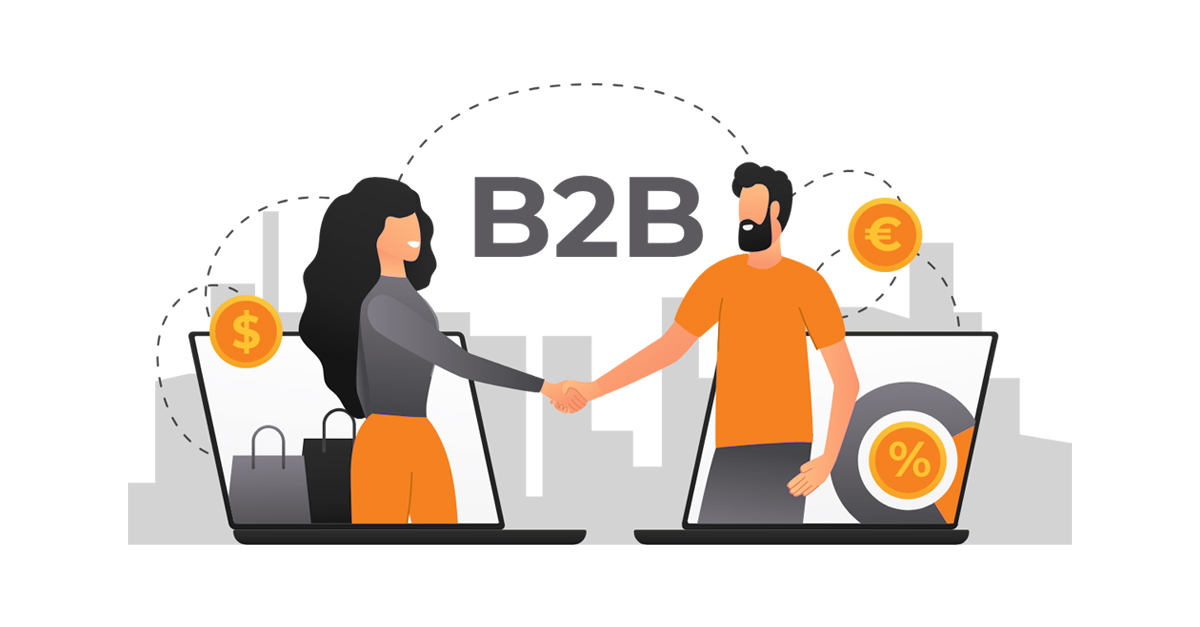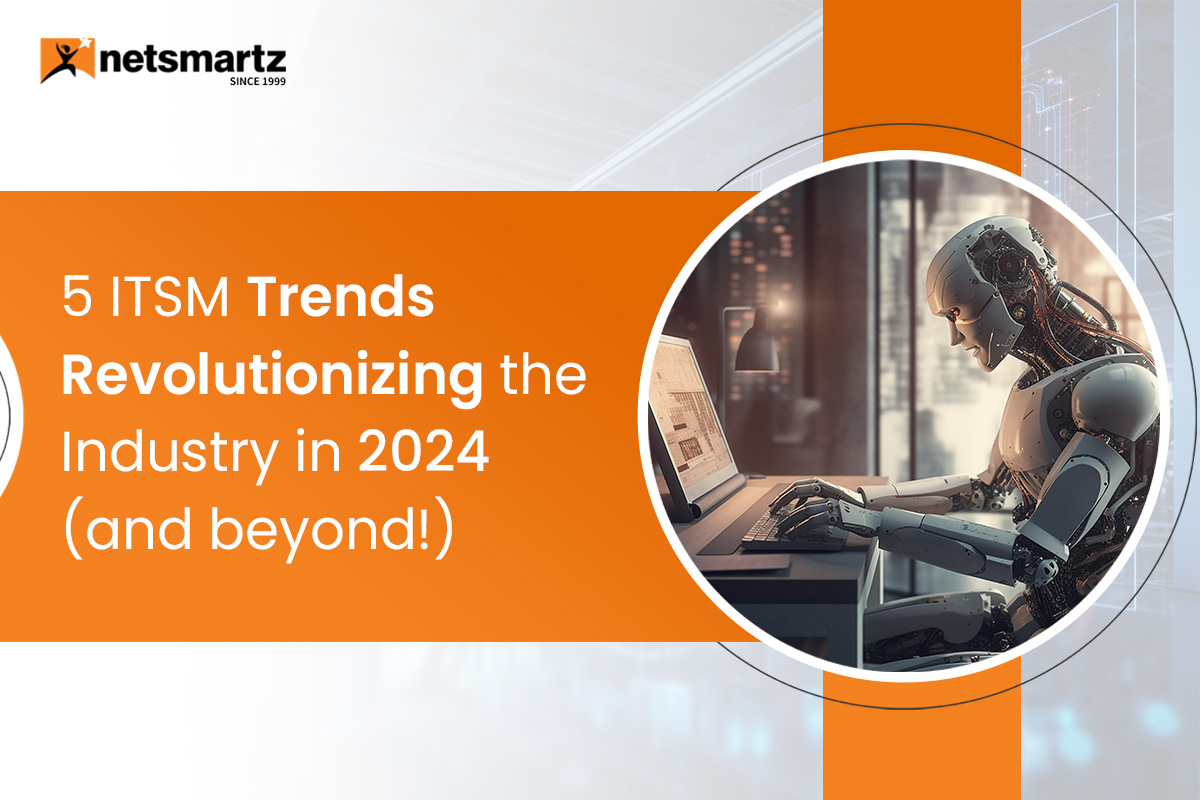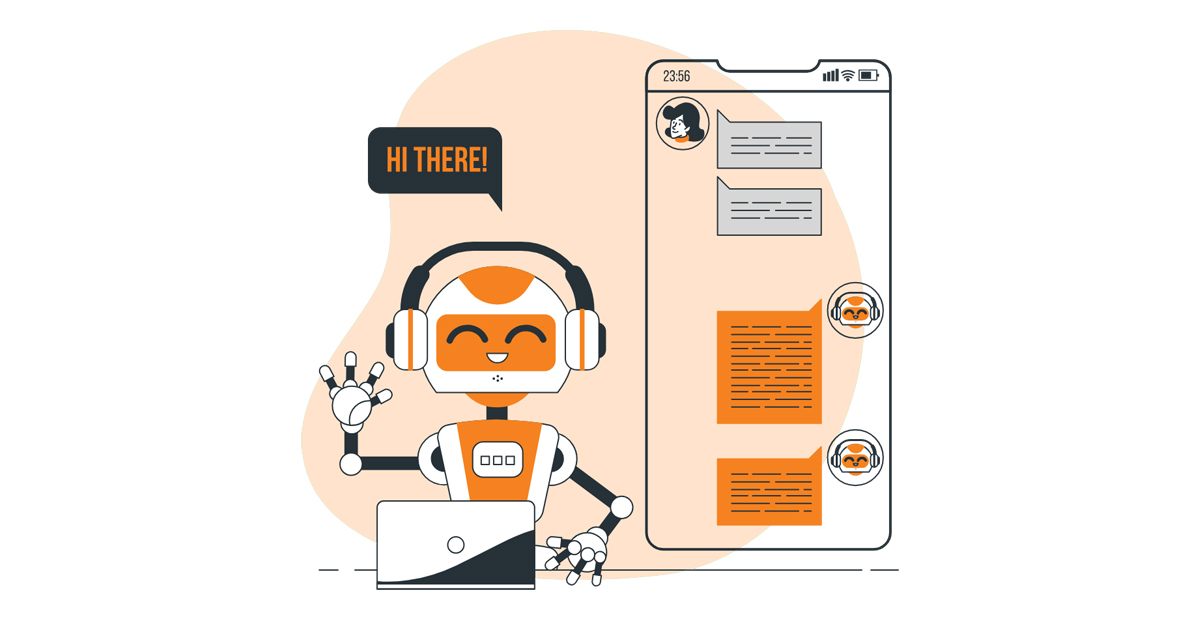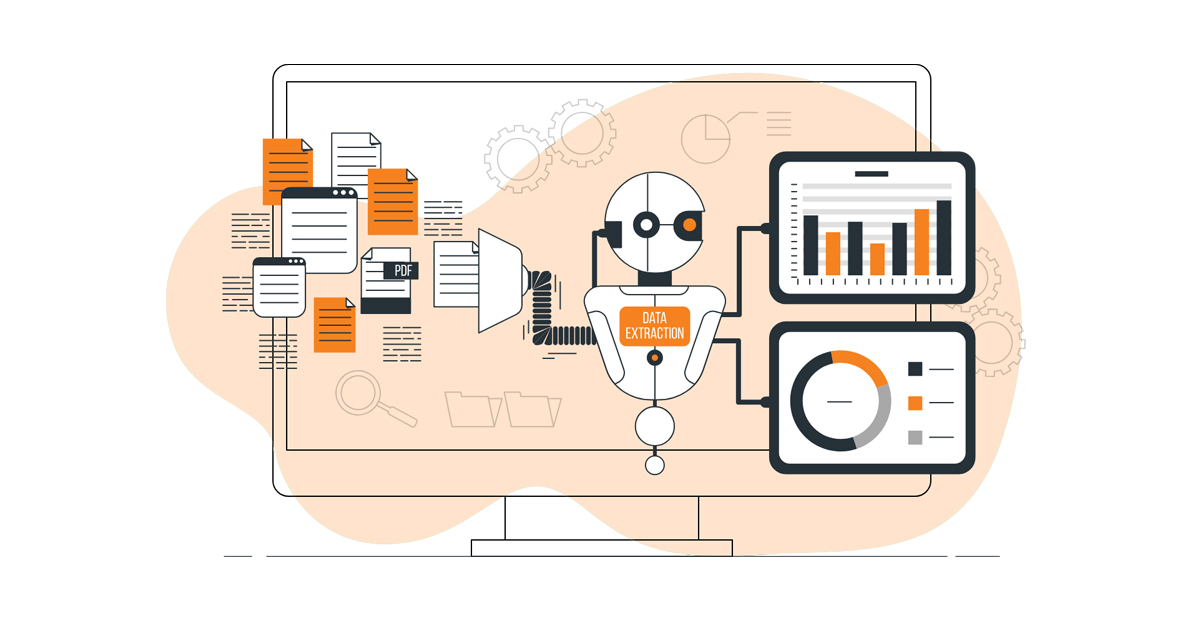In a world where technology constantly evolves and competition becomes fiercer by the day, businesses must stay ahead of the curve to thrive in the dynamic realm of B2B sales. Here, the tremendous force of Artificial Intelligence (AI) emerges as a transformative ally, reshaping the landscape of sales performance optimization.
Imagine a realm where sales teams possess an uncanny ability to understand and cater to their customers’ every need, where hyper-targeted experiences are seamlessly delivered, and where scaling up sales volumes becomes a reality. Welcome to the world where AI reigns supreme and unlocks unprecedented possibilities in B2B sales.
In this blog, we delve deep into the significance of AI in optimizing B2B sales performance, uncovering its potential to revolutionize how businesses engage, understand, and win over their customers. So fasten your seatbelts and prepare for a journey where innovation meets profitability as we explore the extraordinary power of AI in the world of B2B sales.
The Essential Nature of Artificial Intelligence in B2B Sales
Traditional approaches to B2B sales were once straightforward, where buyers simply contacted salespeople to place their orders. However, this traditional model now caters to a smaller community of B2B buyers.
In today’s digital era, a dominant force of tech-savvy B2B buyers roams the virtual landscape, leveraging cutting-edge technologies like IoT and engaging in extensive online research and review reading before purchasing decisions. This transformative shift highlights the profound impact of Artificial Intelligence on B2B sales. Ask any B2B sales professional, and they’ll attest that expanding access to customer leads is crucial for driving sales. This is where the power of AI comes into play, enabling the development of intelligent machines capable of human-like thinking.
In essence, the rise of tech-savvy B2B buyers and the subsequent reliance on digital technology have necessitated a new approach to sales. Artificial Intelligence is the key catalyst in meeting these evolving demands, allowing businesses to adapt, excel, and effectively engage with their target audience in a rapidly changing landscape.
Hyper-targeted Experiences in B2B Sales to Meet Specific Customer Needs
Scenario 1: Imagine stepping into a cozy coffee shop, where your perfect cup of coffee awaits, prepared exactly as you like it, without mentioning your preferred milk and sugar choices.
Scenario 2: Picture approaching your car, and as you start the engine, the air conditioner adjusts your preferred temperature.
All this is a customized and personalized experience.
In contrast, the driver’s seat automatically adjusts to your personalized comfort settings, tailored specifically for you. These remarkable experiences are not miracles or wonders but result from Hyper Personalized Experiences powered by Artificial Intelligence.
From a User Experience (UX) perspective, AI drives these seamless and tailored interactions. By harnessing the capabilities of AI, businesses can offer hyper-personalized experiences that go above and beyond, leaving a lasting impression on customers in the realm of B2B sales. By integrating AI technology into your sales processes, you can anticipate and forecast the demands of your B2B buyers, enabling you to notify both you and the buyer about procurement needs proactively. Even if the buyer themselves may not have AI in place, your system can keep them updated on stock availability, ensuring they never have to disappoint a customer by being unable to fulfill their order.
The power of AI-driven Hyper Personalized Experiences goes far beyond mere customer satisfaction. It becomes a catalyst for building goodwill and fostering loyalty among your customers in the B2B sales landscape. By leveraging AI to deliver personalized, efficient, and timely experiences, you can position yourself as a trusted partner who not only meets but anticipates the unique needs of your buyers.
How does AI revolutionize the B2B sales process?
Artificial Intelligence emerges as a game-changer, relieving the marketing and sales teams from this arduous process. By harnessing the power of AI, marketers gain a deeper understanding of their prospects, enabling them to craft tailor-made solutions that cater to the unique needs of each potential customer. This heightened level of understanding significantly enhances the chances of successfully converting a prospect into a loyal customer.
In essence, AI technology is a valuable asset in B2B sales, empowering us to navigate complex processes with greater speed and efficiency. By leveraging AI’s analytical capabilities and cognitive insights, we can unlock a wealth of knowledge about our target audience and tailor our strategies to meet their exact requirements. This not only streamlines the decision-making process for our customers but also empowers us to deliver solutions that align perfectly with their needs, ultimately driving higher conversion rates and overall sales performance.
The integration of AI into B2B sales strategies
The sales process in the B2B industry can be categorized into two main groups:
- Internal Process: This refers to the off-field activities conducted internally within the organization. These activities primarily involve using Customer Relationship Management (CRM) systems, where sales teams analyze customer data, manage relationships, and track interactions. The internal process focuses on effectively managing customer information and optimizing sales strategies from within the organization.
- External Process: This encompasses the on-field activities carried out by the marketing and sales staff in direct customer interaction. This includes field marketing initiatives, such as organizing events and exhibitions, as well as engaging in face-to-face meetings and presentations with potential clients. The external process involves building relationships, showcasing products or services, and closing deals through active engagement and personalized customer interactions.
By redefining the B2B sales process into these two distinct groups, organizations can better understand the different components and strategies required for effective sales execution. This division allows for a comprehensive approach to both internal data management and external customer interactions, ensuring a cohesive and efficient sales process from start to finish.
After leads enter the sales funnel, digital tools step in to streamline various time-consuming tasks, and this is where the significance of AI becomes apparent. The following process enables companies to generate qualified leads effectively:

- Defining the Target Audience: Companies establish a clear profile of their target audience, identifying potential customers’ specific characteristics and preferences.
- AI-Driven Marketing Data Segmentation: Artificial Intelligence is employed to segment and analyze the vast amount of marketing data available. This allows companies to categorize leads based on various criteria, enhancing precision in targeting and personalization.
- Predictive Analytics and Data Utilization: Companies gain valuable insights into customer behavior and trends by applying predictive analytics and data analysis. This information empowers them to make informed decisions and tailor their strategies accordingly.
- Enhanced Decision-Making: AI technology improves the decision-making process by providing real-time data, predictive modeling, and data-driven recommendations. This enables companies to make more accurate and effective lead nurturing and conversion choices.
- Email Automation: Automation tools facilitated by AI enable software development companies to streamline and personalize their email marketing campaigns. AI-powered algorithms can analyze recipient behavior and preferences to deliver targeted and relevant content, increasing engagement and conversion rates.
- Chatbot Interaction: AI-driven chatbots serve as virtual assistants, interacting with potential leads in real time. These chatbots can respond instantly to inquiries, qualify leads, and offer personalized recommendations, ensuring a seamless customer experience.
How does AI technology help companies scale up B2B sales volumes?
ChatGPT, Bard AI, and Bing can play a significant role in optimizing B2B sales performance, particularly in the areas of lead generation services and AI development services. Let’s explore the significance of each of these technologies:
ChatGPT
ChatGPT is an advanced language model that can engage in dynamic conversations and provide accurate information, recommendations, and solutions. In the context of B2B sales, ChatGPT can be utilized as a virtual assistant or chatbot on a company’s website or communication platforms. It can assist potential customers by answering their queries, guiding them through the sales process, and offering personalized product or service recommendations. ChatGPT can enhance the customer experience, increase engagement, and drive more leads and conversions by providing instant and helpful support.
Bard AI
Bard AI is an AI-powered sales and marketing platform specializing in lead generation services. It leverages automation, data analysis, and machine learning to identify and engage with potential B2B customers. Bard AI can streamline the lead generation process by automating prospecting, email outreach, and follow-up tasks. It can also analyze customer data to identify high-value leads and provide insights for more targeted and effective sales strategies. By optimizing lead generation efforts, Bard AI helps sales teams focus on qualified prospects, leading to improved sales performance.
Bing
Bing is a search engine powered by Microsoft, and it can be a valuable tool for B2B sales optimization. Bing offers advertising options like Bing Ads, which allows businesses to target specific keywords and demographics to reach their target audience. By running targeted ad campaigns on Bing, B2B companies can increase their visibility to potential customers actively searching for relevant products or services. Bing’s ad platform also provides performance metrics and analytics, enabling businesses to optimize their campaigns and improve their lead-generation efforts.
The impressive growth of AI and the advantages it brings to the sales landscape.
There is compelling evidence of the rapid expansion of AI in the sales domain, as indicated by various studies and surveys.
- Projections anticipate a remarkable growth rate of 139% for Artificial Intelligence in the sales sector.
- Approximately 50% of a sales representative’s time is allocated to non-productive tasks.
- The post-pandemic landscape has brought about a widespread realization of the advantages of incorporating Artificial Intelligence and automated processes in sales for businesses. Experts predicted that as much as 85% of sales tasks would be automated.
- Buyers now have high expectations for sellers to anticipate their needs, a feat made achievable by utilizing Artificial Intelligence technology.
- Buyers perceive the adoption of Artificial Intelligence by companies as an innovative approach, which in turn leads to a higher level of intent to purchase from these companies.
Conclusion
At Netsmartz, we believe that Artificial Intelligence is instrumental in driving lead generation and boosting sales volumes. Companies that proactively embrace AI and integrate it into their systems experience improved sales performance. By leveraging AI, salespeople can prioritize their actions effectively, aligning them with strategies that yield optimal results. Artificial Intelligence becomes a vital component of a successful sales strategy.
Looking for skilled AI app developers?
Contact us today!
Summary
Kickstart Your Project With Us!
Popular Posts
CONTACT US
Let's Build Your Agile Team.
Experience Netsmartz for 40 hours - No Cost, No Obligation.
Connect With Us Today!
Please fill out the form or send us an email to







